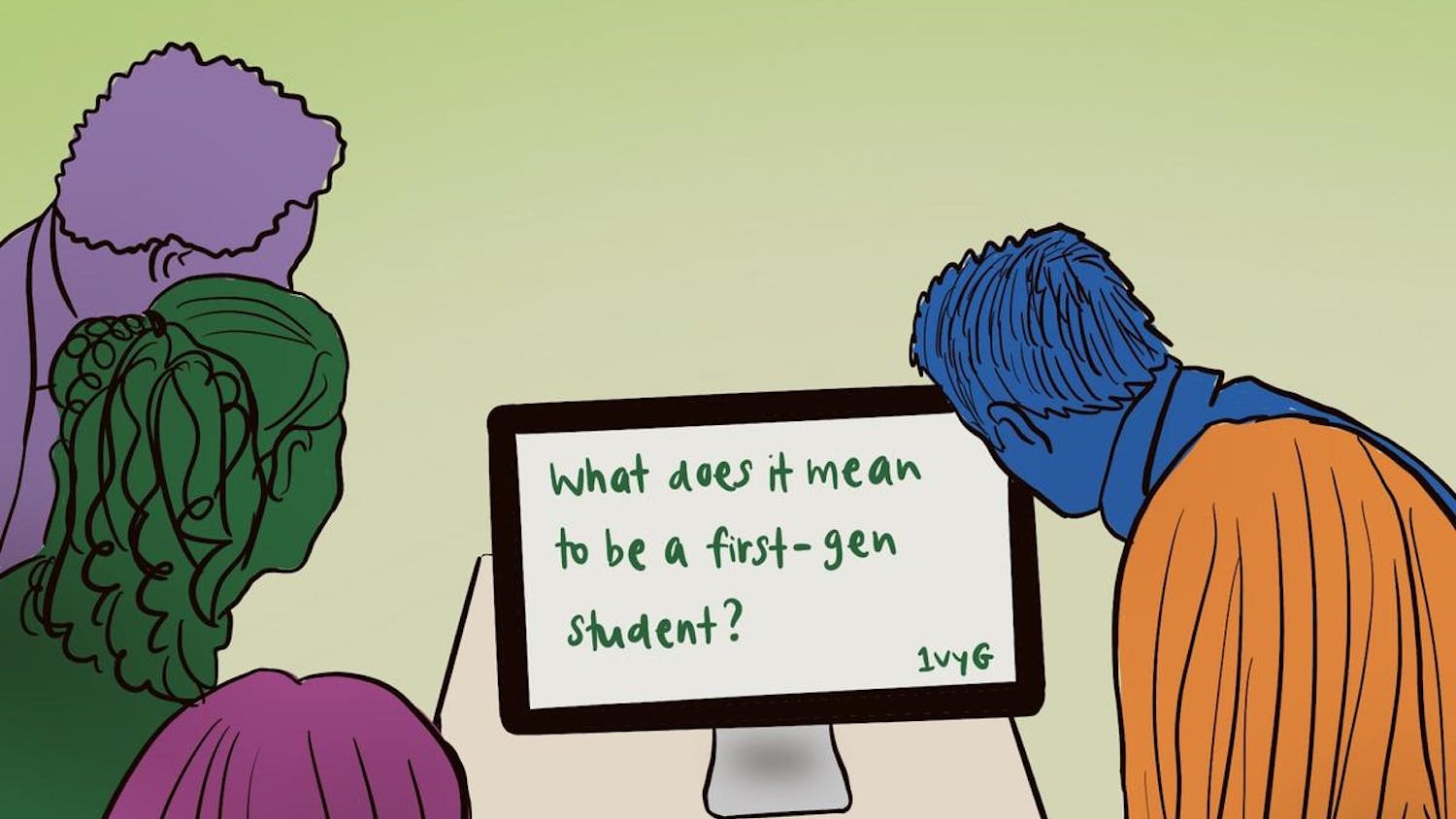Following an evaluation in 2010, Health Services has implemented a number of changes this semester including additional hours, advancement in online accessibility and improved support for transgender students.
The changes are part of a "constant quality improvement process as well as a commitment and dedication to better serving the Brown community," said Margaret Klawunn, vice president for campus life and student services. The work on new initiatives began after an evaluation two years ago in which the Health Services team assessed the range of services they provided and looked closely at what was being accessed, what was in line with other colleges and universities and what students really seemed to need, Klawunn said.
Health Services was able to reallocate some of its funds after closing the infirmary in 2010 and ending overnight services because of infrequent use, said Lynn Dupont, associate director of Health Services.
After the closure, Health Services implemented a 24/7 phone triage system called Nurse Response that connects students to non-University affiliated nurses.
Health Services, which also expanded to offer full service in the evenings in 2010, increased hours for all clinical staff, a medical assistant and the University nutritionist this semester and added the equivalent of a half-time nurse, Dupont said.
"It serves students much better," said Edward Wheeler, director of Health Services. "We can actually see them, and we're also more accessible for medical and graduate students."
With their new hours, Health Services will be able to lower the number of emergency room visits students make each semester, Wheeler said.
University nutritionist Anne Buffington will also provide full-time nutrition education counseling for the 10 months that students are on campus, a step up from her previous hours as a 9-month employee.
Buffington was board certified this summer as a specialist in sports nutrition. Buffington said she hopes this additional certification will help her better support athletes.
"Nutrition is an integral component of peak performance for any college athlete," Buffington said, "but there is so much misinformation out there. I am happy to be a credible resource for students to receive accurate information based on current science and research."
She said she will continue to offer free and confidential individual appointments, educational programming and awareness events.
Increasing online presence
Health Services has also been working to increase student use of its online resources, which include the Brown Online Student Health website and its email advice service.
The nursing@brown.edu option was implemented two years ago for general inquiries and guarantees a same-day response even on weekends, Dupont said. It offers a straightforward way for students to get in contact with Health Services and has been easily integrated into the work of the nursing staff.
"It's the same services we're giving, but we're trying to have it be easier for students to access them," said Monica Kunkel, nursing and inpatient services coordinator.
The email service has also been helpful to nursing staffers when following up with patients because they can get back in contact with students without having to call and leave voice messages. It allows for "better continuity in care," Dupont said.
Online Student Health now allows students to sign in and see their own records, Dupont said. They can also ask more specific questions to a nurse or provider through a secure messaging system that is recorded as part of the students' medical records. Since the system is relatively new, many students are not aware of what they can fill out online and what appointments they are able to make, but Health Services is hoping to continue informing students and expand online offerings to include more health forms for easy access, Dupont said.
"Our appointments are full, so they're using us, which is great," Dupont said.
Expanded services
Free HIV testing is also being offered through Health Services for the second full year.
"A large group of people find out late (that they have HIV) who would have never suspected they might have it," Wheeler said.
The Health Services team aimed to make HIV testing more accessible to students for this reason, and it seemed that the best way to make access better was to make it free, he said.
The LGBTQ center will coordinate with Health Services to plan special awareness days addressing the importance of HIV testing, said Kelly Garrett, coordinator of the center.
The center and Health Services have also been coordinating efforts to better support transgender students. Brown health insurance providers will now offer coverage for hormone treatments for transgender students as a result of efforts on the part of the center, Garrett said.
Student groups were the driving force behind many of the other changes that were needed to more extensively support transgender students at Health Services, Garrett said. In a joint effort between GenderAction and the LGBTQ Center, students noticed and pointed out particular changes that would be beneficial.
The changes included posting welcoming signs and altering health forms so that they "don't make assumptions about sexual identity," Wheeler said. Students can also include an alternate name from their birth name through the University's online medical system. In response to student input, Health Services hired a consultant in 2010 to review the University's services and held an intensive education workshop for medical providers.
"Health care can be a real sticking point for transgender students," said Maddy Jennewein '14, former leader of GenderAction. GenderAction, a subgroup of the QueerAlliance, collaborated with Health Services administrators to suggest changes and found that administrators were willing to consider their concerns "in a heartbeat," Jennewein said.
Health Services is "incredibly receptive and even proactive, really wanting to work with students," Garrett said.
Garrett said the center will continue to advocate for sex reassignment surgery coverage options which some other Ivy League insurance policies already cover. Expanding coverage may pose some difficulties because Brown is smaller than some of the peer institutions that cover this surgery and has a smaller insurance plan, she said.
"It's not apples and apples, but we're working towards it," Garrett said.




